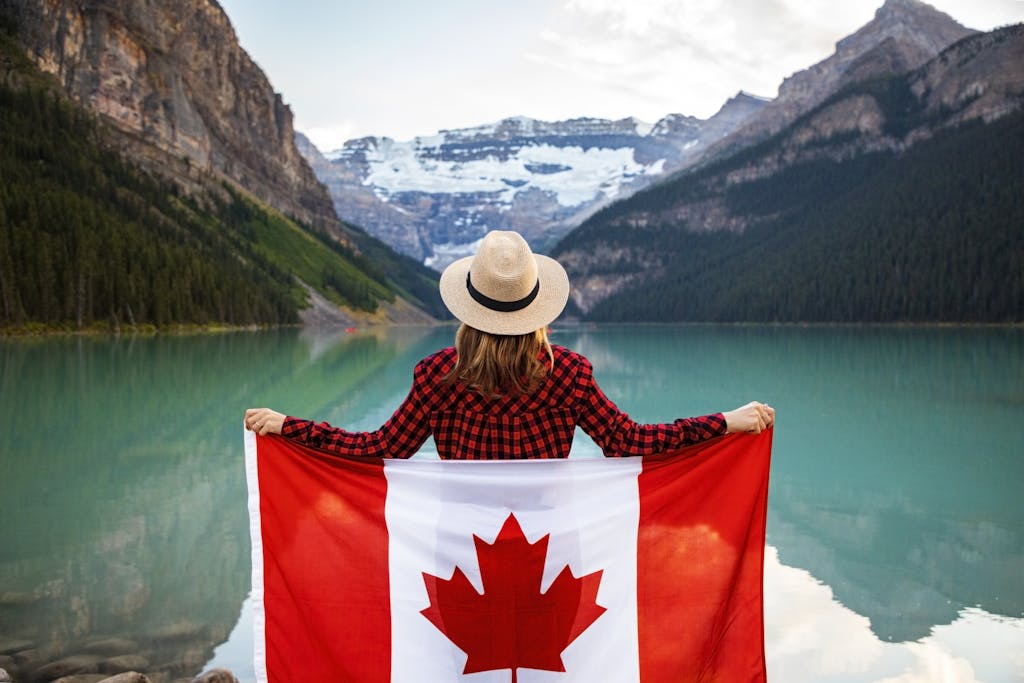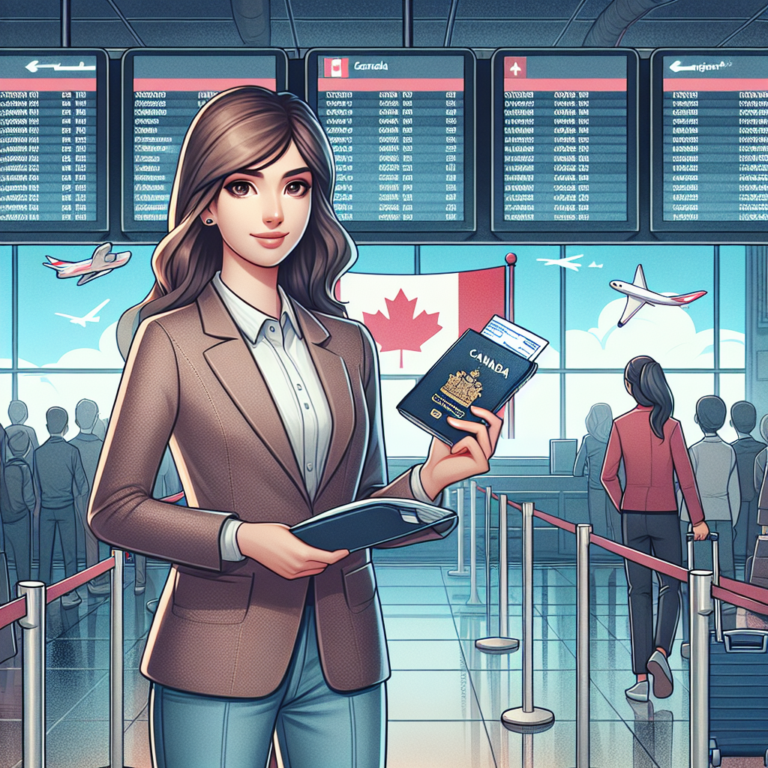What Do You Have to Declare at Customs in Canada
Navigating the Customs Declaration Process
When entering Canada, whether you are a resident returning home or a visitor, you must pass through customs. This involves declaring certain items you are bringing into the country. The customs declaration process is essential for protecting Canada’s economy, environment, and security.
What Items Must Be Declared?
- Alcohol and Tobacco:
- Alcohol: You must declare if you are bringing more than the personal exemption limit, which is generally 1.5 liters of wine, 1.14 liters of liquor, or 8.5 liters of beer or ale.
- Tobacco: The duty-free allowance includes 200 cigarettes, 50 cigars, 200 grams of manufactured tobacco, and 200 tobacco sticks. Exceeding these amounts requires you to declare and pay duties.
- Currency and Monetary Instruments:
- If you are carrying $10,000 CAD or more (or its equivalent in foreign currency), you must declare this amount. This includes cash, cheques, traveler’s cheques, and money orders.
- Food, Plants, Animals, and Related Products:
- Certain foods, plants, animals, and their products can pose risks to Canada’s agriculture and environment. You must declare all such items, including fruits, vegetables, meat, dairy products, live animals, and plant materials.
- Firearms and Weapons:
- All firearms and weapons must be declared. Specific regulations and restrictions apply, and you need appropriate permits and documentation.
- Goods Purchased or Received Abroad:
- Any goods you purchased or received as gifts while abroad must be declared. This includes souvenirs, clothing, electronics, and other personal items. Depending on the value and type of goods, you may be required to pay duties and taxes.
- Prohibited and Restricted Items:
- Certain items are prohibited or restricted in Canada. This includes illegal drugs, hate propaganda, obscene material, and endangered animal and plant species. Declaring these items is essential to avoid severe penalties.
The Declaration Process
- Filling Out the Declaration Card:
- Upon arrival, you will receive a declaration card (Form E311) to complete. This card requires information about your travel, the items you are bringing, and any applicable exemptions.
- Presenting Your Declaration:
- Hand the completed declaration card to a Canada Border Services Agency (CBSA) officer. Be prepared to answer any questions and provide additional information if necessary.
- Inspection:
- Based on your declaration, a CBSA officer may direct you to a secondary inspection area. Here, your belongings may be examined more thoroughly to verify your declaration.
- Paying Duties and Taxes:
- If you are bringing in items that exceed your personal exemptions, you will need to pay the applicable duties and taxes. CBSA officers will calculate these amounts and provide instructions on how to make the payment.
Tips for a Smooth Customs Declaration
- Be Honest and Accurate:
- Always declare all items truthfully. Failing to declare or providing false information can lead to fines, seizure of goods, and other penalties.
- Know Your Exemptions:
- Familiarize yourself with the duty-free exemptions and limits for alcohol, tobacco, and other goods. This can help you plan your purchases and avoid unexpected duties.
- Keep Receipts and Documentation:
- Keep all receipts and relevant documentation for items you purchased abroad. This can help you provide accurate information and expedite the declaration process.
- Check Prohibited and Restricted Items:
- Before traveling, check the list of prohibited and restricted items on the CBSA website. This ensures you do not inadvertently bring in items that are not allowed.
- Declare High-Value Items:
- If you are bringing high-value items, such as electronics or jewelry, be sure to declare them and have proof of purchase. This can help avoid complications at customs.
Conclusion
Understanding the customs declaration process and what items need to be declared when entering Canada is crucial for a smooth entry into the country. By being honest and prepared, you can navigate customs efficiently and avoid potential issues. Whether you’re a returning resident or a visitor, knowing the rules and regulations helps ensure a pleasant travel experience and compliance with Canadian law.
Travelers to Canada should take the time to familiarize themselves with customs requirements, as this knowledge can greatly enhance their journey and ensure they meet all necessary legal obligations.







